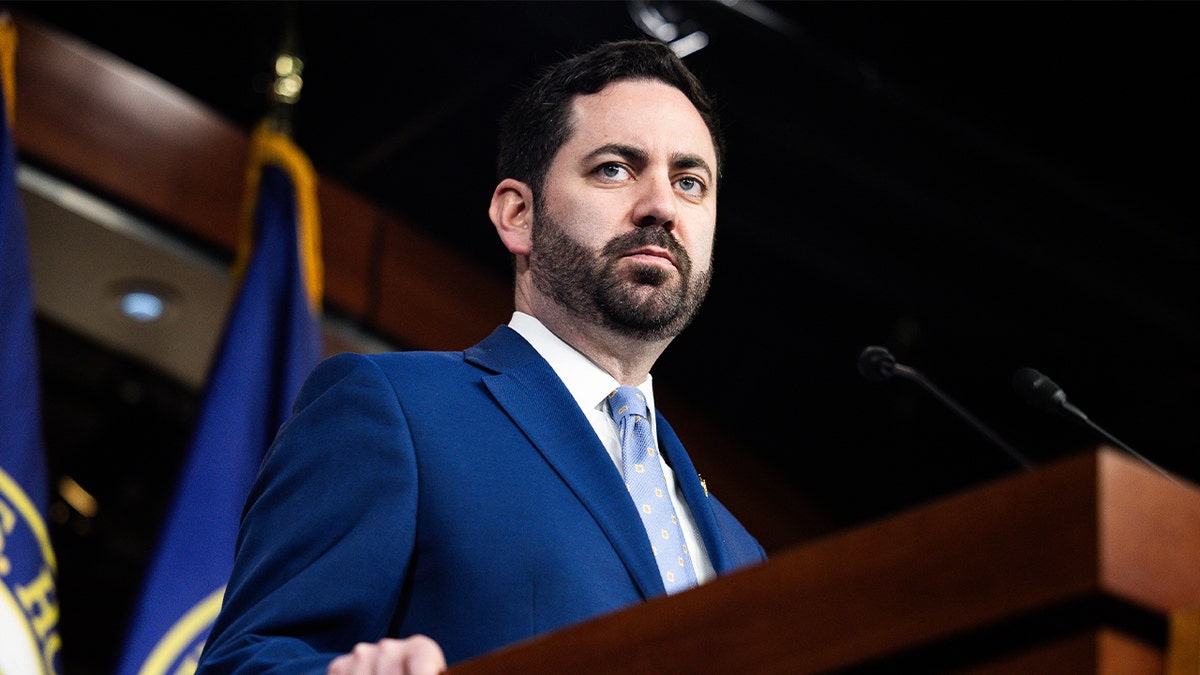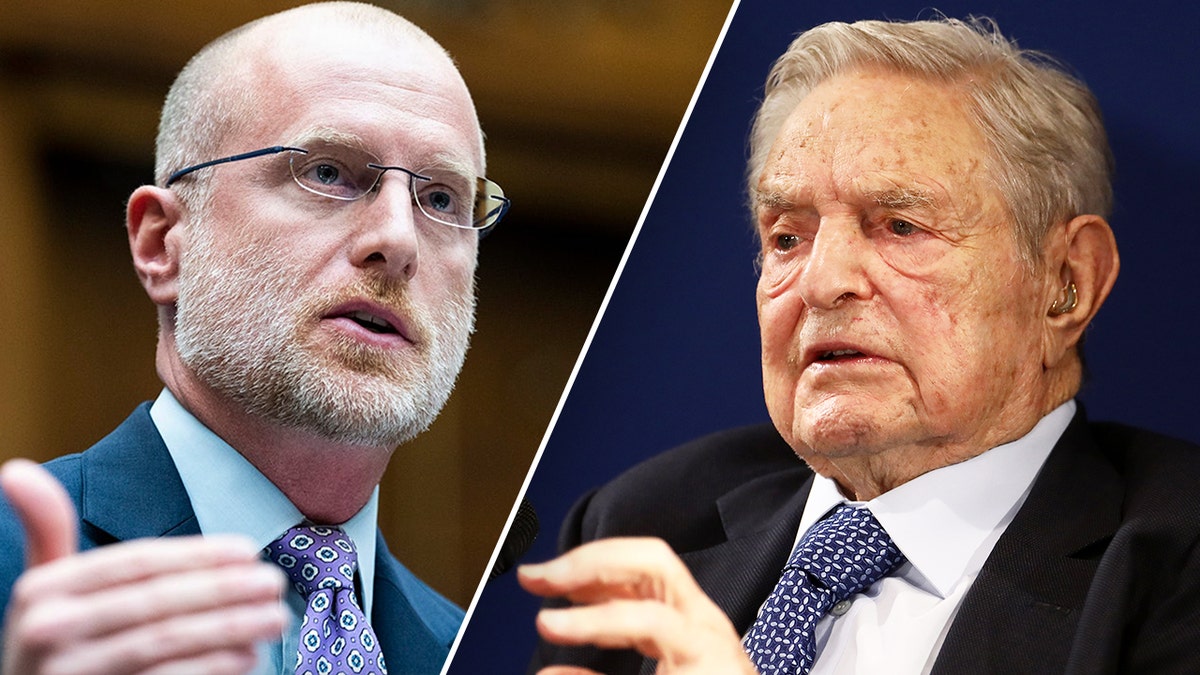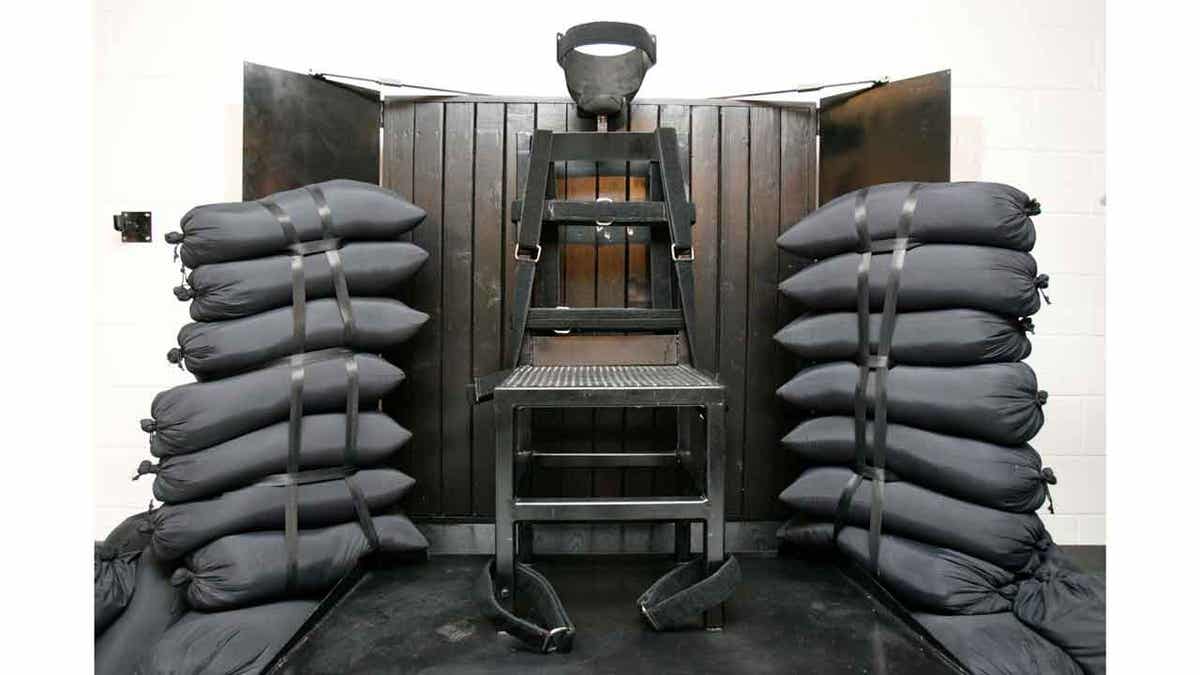New York Republican Representative Mike Lawler, a member of the House Foreign Affairs Committee, has criticized the Biden administration's handling of international affairs, arguing that global conflicts have intensified under its leadership. Lawler's remarks follow a December committee hearing where Secretary of State Antony Blinken testified about the administration's withdrawal from Afghanistan, a move a recent report suggests has negatively impacted global stability.
In an interview, Lawler echoed the report's findings, stating that the Biden administration's actions have left the world in a more precarious state than it inherited. He specifically pointed to the Afghanistan withdrawal, which resulted in the deaths of 13 U.S. service members, as a pivotal moment that triggered a series of destabilizing events. He cited the Russian invasion of Ukraine, the October 7th terrorist attack in Israel, growing tensions with China in the Indo-Pacific region, and the alleged illicit oil trade between China and Iran, which Lawler claims is funding terrorism, as further evidence of the administration's foreign policy failures.

Lawler contrasted the current global landscape with the relative peace and prosperity he believes existed during the Trump administration. He asserted that the key difference lies in their willingness to act decisively, arguing that strength and a demonstrated readiness to intervene deter adversaries. He expressed confidence that a returning Trump presidency would bring a stronger, more assertive foreign policy that would prioritize ending existing conflicts.

Looking ahead, Lawler highlighted the upcoming focus of the Foreign Affairs Committee under the anticipated leadership of Rep. Brian Mast (R-Fla.). He indicated that the committee will prioritize reauthorizing State Department operations, including scrutinizing the agency's programs and how its funds are allocated. Lawler reiterated his belief that the incoming Trump administration will adopt a more robust and uncompromising foreign policy approach towards adversaries, with the ultimate goal of resolving international conflicts.









